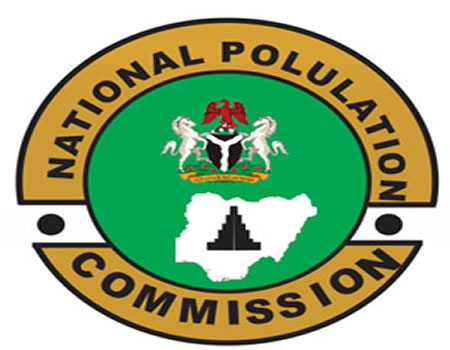This was disclosed by the State Director of NPC, Mr. Gbolahan Olude, on Tuesday, during a one day stakeholders’ meeting on media campaign for promoting birth registration in collaboration with UNICEF, held in Abeokuta, the state capital.
Olude explained that the State, according to the National Demographic Health Survey in 2013, recorded 35 per cent birth registration, saying the record was extremely not encouraging.
He said further that the record increased to 38 percent in 2018 based on the data available at the NPC office in the state.
Olude submitted that birth registration is key to national planning and urged parents and caregivers to register the births of their children, saying that registration once done is permanent.
ALSO READ: Ekiti election petitions tribunal begins sitting Monday
He said, “A child who is not registered at birth is denied the right to an official identity, a recognised name and a nationality. Birth registration once done is permanent. It is compulsory for parents to register their children.
“One of the dynamics of population is birth registration. Without strong birth registration systems, it is virtually impossible to plan or implement effective development strategies.
“Birth registration is a fundamental step towards good governance and a vital element in the fostering of democratic processes.”
He identified slow digitalisation process; low morale of staff; hard to reach areas without facilities and attitude of some staff of NPC as some of the challenges confronting the agency.
The NPC boss appealed to the State government to come to the aid the agency in the area of recruiting ad-hoc staff to assist NPC staff in registering births at the ward levels.
In their separate remarks, the State Commissioners for Information and Strategy and Health, Mr. Adedayo Adeneye and Dr. Babatunde Ipaye, also stressed the importance of birth registration to effective planning towards development.
WATCH TOP VIDEOS FROM NIGERIAN TRIBUNE TV
- Let’s Talk About SELF-AWARENESS
- Is Your Confidence Mistaken for Pride? Let’s talk about it
- Is Etiquette About Perfection…Or Just Not Being Rude?
- Top Psychologist Reveal 3 Signs You’re Struggling With Imposter Syndrome
- Do You Pick Up Work-Related Calls at Midnight or Never? Let’s Talk About Boundaries






